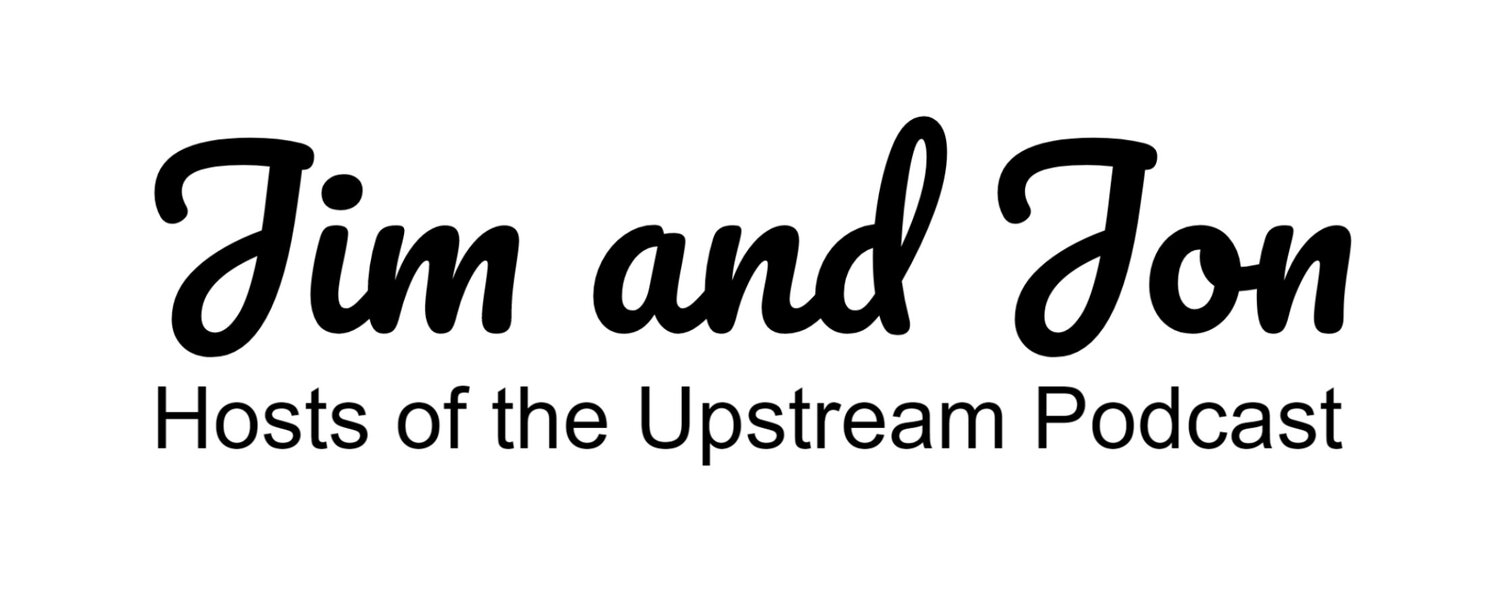Today, we are posting a blog from Bill Haslam, the former Governor of Tennessee, and his book: “Faithful Presence”. It says what we want to say better than we can!
Jesus’ message in the Sermon on the Mount was very clear: be different. The salt was supposed to be different than the meat. The light was supposed to be different than the dark (Matthew 5:13–16). In case we missed it, Paul reinforced the message when he told the church at Rome,
Do not be conformed to this world, but be transformed by the renewal of your mind. — Romans 12:2
As the world becomes angrier and more divided, our path in the political arena is not always clear. But it is clear what we are not supposed to be: like the rest of the world.
Something has gone terribly wrong. When it comes to our engagement in the public square, Christians are not very different from everyone else. We, too, have become immersed in outrage stories. We, too, have become outspoken advocates without taking time to understand the arguments of the other side. We, too, are always ready to doubt the motives of our opponents and speak with contempt about their policies — and just as likely to take a shot at the other side on Facebook or Twitter. Too often, Christians are empowering these trends rather than resisting them.
And, most critically, we seem to be more worried about losing our country than we are about losing our God. Too many of us see the public square as a place where we can use God for our own desires and ends rather than be used by God for His desires and ends. Too many of us have sold our birthright as citizens of the city of God, choosing instead to bear up our swords to battle for our piece of the city of man. What is needed in America today is a group of people who are different, who are walking in their birthright as citizens of the city of God — a movement powerful enough to push the country in a new direction.
I cannot count the number of times I have seen wonderful examples of people of faith using their talents and treasure to bring about a better society. When I was mayor of Knoxville, Hurricane Katrina hit the Gulf Coast. As it became apparent that more and more residents of Louisiana would need to be evacuated, the Federal Emergency Management Agency (FEMA) put out a request for cities to host evacuees. Almost immediately the churches in our city — urban, suburban, and rural — volunteered their people and buildings to welcome those who had lost their homes.
As governor, no matter where I went in the state, it always seemed that it was the church that was taking the lead on issues ranging from unequal education opportunities to health care in underserved areas.
Unfortunately, I have also seen how easy it is to hurt our cause by our political actions. When our politics direct our faith, rather than our faith directing our politics, we end up in the wrong place.
We have not thought through what we believe and why we believe it; we have only built a fear of what the other side might do and what we might lose. Fear is always a bad beginning place. As Nietzsche said, “He who fights with monsters should be careful lest he thereby become a monster.”2
Not only have we not taken time to understand the other side’s arguments, we have no understanding of our own blinders and misconceptions. Driven by the passions of today’s political debate and inflamed by media focused on cultivating outrage, our language and actions look just like everyone else’s. The polarization of politics has tempted all of us to pick sides in this increasingly bitter battle. What has been lost is the people of faith asking ourselves the hard questions about whether or not our politics match what we say we believe. Do our political actions match our theology, or has our theology been taken captive to our political beliefs?

